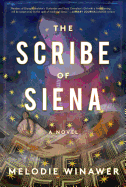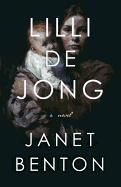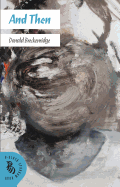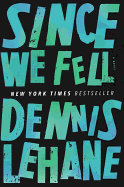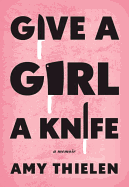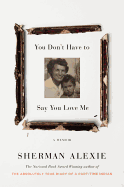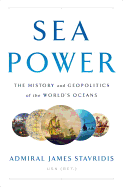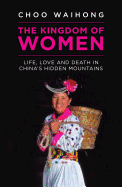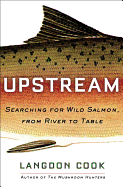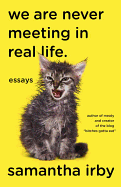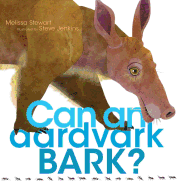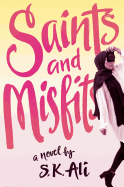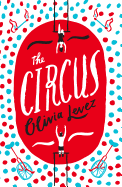 |
| photo: Andrew Houston |
A former President of Lucy Cavendish College at the University of Cambridge, writer Janet Todd publishes Aphra Behn: A Secret Life (Fentum Press, distributed by Consortium) this month and the paperback of her début novel, A Man of Genius (Bitter Lemon Press, also distributed by Consortium). Here she considers the literary influences that led her to writing fiction and biography.
I was a child in Ceylon when I was told I should read Jane Austen for the entrance examination to a British boarding school. I confused Jane Austen and Jane Eyre and read the latter. Neither Jane came up on the exam--which I wish I'd failed since I loathed the school. Like so many other colonial children dispatched to chilly boarding schools back "home" at the age of 11, for the rest of my life I looked to a lost Eden somewhere far away.
I found an approximation to "home" in books. I yearned to be shipwrecked with Robert Louis Stevenson or caught in some monstrous, passionate drama in a wild place with Dostoevsky. Later, I wanted to write my own worlds and lives--but it took me half a century before I reached this rather special year when I've published both the paperback of my novel A Man of Genius and a revision of my first biography, Aphra Behn, a Secret Life.
Why so long? I guess because, when young, I lacked the courage to set up as an author in a garret--the university creative writing industry hadn't yet provided salaries for impecunious writers. So I shifted from novels as escape to novels as work. In my first job after leaving Cambridge I taught African history in Ghana. It was a strange political time and I ended in a school on the border of Upper Volta teaching English literature. I can't remember what books I used, certainly not Orwell's Animal Farm, which was proscribed by the dictator.
I didn't intend to be an academic but since my experience in Africa failed to impress the American school system, I signed up for a Ph.D. in Florida. I'd had an inkling of massive gender discrimination everywhere, but it was American-style feminism that articulated it for me and gave me a purpose. Although I wasn't encouraged to write a thesis on the early feminist Mary Wollstonecraft, pretty well unknown at the time, I managed to start (as a hobby) a newsletter to rescue her and other early women authors, while writing my thesis on a man: the Northamptonshire peasant poet John Clare. I carried the newsletter to Puerto Rico and then Rutgers, where it became Women & Literature.
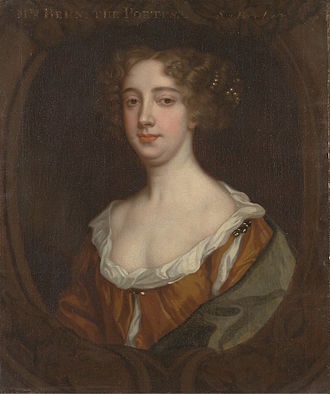 |
| Aphra Behn |
I look back now on half a century of academic teaching and research and seven years as a president of a women's college, Lucy Cavendish, in the University of Cambridge--this last position because, as the first person to attend a university in my family, I wanted to help encourage other women along this route. Through peripatetic years of jobs and continents, I've sustained three intimate female friendships: with Jane Austen, Mary Wollstonecraft and Aphra Behn.
To begin with the earliest: Aphra Behn (b. 1640). Her life makes her the most extraordinary of my three. She succeeded brilliantly in all her chosen modes: plays--she had more performed than any other dramatist of the time--poems and stories. While being a cruel, intolerant period, the Restoration gave opportunities to certain types of independent, creative and witty women, those unconstrained by usual gender expectations for daughter, wife and mother. Of course women could be exploited as well as exploiting and no one knew this better than Aphra Behn. But while, like both Austen and Wollstonecraft, she declared her exclusion from male education, she well knew her worth and ground-breaking ambition: "All I ask," she wrote, "is the Priviledge for my Masculine Part the Poet in me... to tread in those successful Paths my Predecessors have so long thriv'd in, to take those Measures that both the Ancient and Modern Writers have set me, and by which they have pleas'd the World so well. If I must not, because of my Sex, have this Freedom.... I lay down my Quill... for... I value Fame as much as if I had been born a Hero." Needless to say, she never laid down her quill.
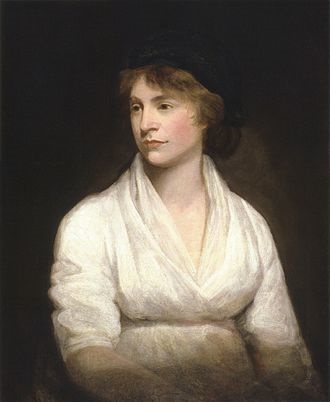 |
| Mary Wollstonecraft |
I find Mary Wollstonecraft (b. 1759) hugely sympathetic, especially as an intimate letter writer. She expresses such raw emotions, whether of melancholy, obsessive love, or intellectual excitement. I love the way she grows through books and encounters, making sense of her tumultuous revolutionary times, while following her rocky path through passionate relationships with men and women.
Finally, Jane Austen (b. 1775): in boarding school I read Pride and Prejudice and disliked it. I wasn't exposed to the Laurence Olivier/Greer Garson version of the book to bring me, like so many now, into the author by a sideways method of gorgeous moving pictures. I suspect that, had I been alive, young and reading in 1813 when the novel was published at the same time as Sarah Elizabeth Utterson's Tales of the Dead, I'd have had my nose in the horrid tales. So, for me, Jane Austen is an adult taste. I needed more maturity than my teenage self displayed to appreciate the subtlety, skill and beauty of this supreme but quiet and condensed novelist. Now I find I can read her novels repeatedly, catching more riches each time. (The Brothers Karamazov is stupendous but you can't read it every year!) I wish I'd come to Austen's works at a more formative age: she's not only good for one's prose but is also a fine guide for a young person existing in any small society.
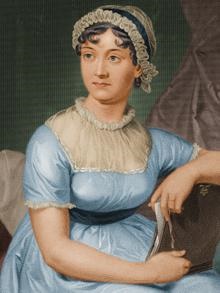 |
| Jane Austen |
I was once asked which of the three women--Behn, Wollstonecraft and Austen--I would choose to meet if I could go back in time. If the question had been about whose works I'd take to the desert island, then my answer would be Jane Austen's. But I'd fear to meet the author in person, worrying I might appear like Mrs. Elton in Highbury: not quite the thing. I feel closer to Mary Wollstonecraft, who was more of an outsider, but she was impatient with less determined and heroic women (like her sisters) and might have been uneasy company. So it has to be Aphra Behn. She's a woman of masks and secrecy; yet she emerges for me as a lover of good company and talk, food and wine, frank in her opinions and endlessly curious. I've emerged from the task of revising my 1996 biography with renewed admiration for this gifted, witty, and protean woman. An evening with Aphra, after an afternoon at the theater seeing The Rover or The Luckey Chance would be a delight.
My transition to publishing fiction has been through lives, but I know that novels differ hugely from biographies. What I learn from Jane Austen is to lop and crop, to cut and hone. When I wrote lives, I had a large amount of cultural and historical information I felt urged to include, but with A Man of Genius, set in the 1810s, I had to stop myself conveying every interesting detail I'd found, especially about glamorous Venice under Austrian occupation. For the final version I cut a lot about spies and masks! My inspirations for the novel went back to my early reading, to the gothic adventure fiction I've always loved since it explores the darker sides of human nature while taking the reader out and away from herself into the exotic and the cavernous. However, I was also influenced by the biographies and by my work on Romanticism. Both Mary Wollstonecraft and her daughter were in thrall to men whose power took much from the cultural assumptions of the Romantic period which valued male creativity far beyond female. I didn't base Man of Genius on Wollstonecraft's Gilbert Imlay or on Percy Bysshe Shelley, but something of both might have crept into the picture of a man whose self-absorption controlled his and other people's worlds.
Writing of whatever kind is addictive for me. I find it blissful to get up very early in the morning and settle down at the computer with a large cup of coffee and a plate of toast and marmalade--yes, some keys struggle with crumbs at their base. I'm rarely satisfied with what I've written but still enjoy the act of writing. When I think my time too short now for the novels I'd like to write, I wish I'd had the courage to accept poverty and try to be a novelist earlier on. I don't flatter myself I'd have been amazing; however I could have given it a whirl. But I doubt I'd have stopped looking for the lost Eden outside Austen's Highbury or Treasure Island.
Janet Todd: Learning from the Best
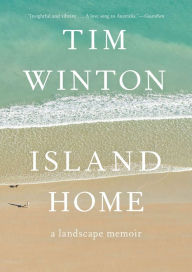 There's so much I could say about this prolific, award-winning and underappreciated author, but since summer is nearly here (and winter there, down under), I'll just share, in the spirit of the season, a brief passage that places human awareness in the context of surfing, one of the author's lifelong passions:
There's so much I could say about this prolific, award-winning and underappreciated author, but since summer is nearly here (and winter there, down under), I'll just share, in the spirit of the season, a brief passage that places human awareness in the context of surfing, one of the author's lifelong passions:






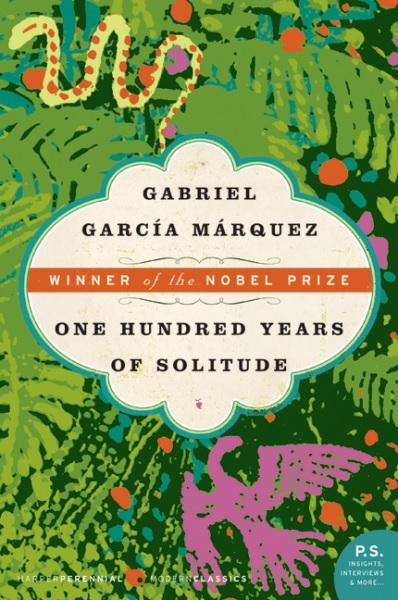 This year marks the 50th anniversary of One Hundred Years of Solitude, the magical realism magnum opus of Colombian author Gabriel García Márquez (1927-2014). Since its publication in Spanish in 1967, Márquez's masterwork has sold more than 30 million copies in 37 languages (It was translated into English by Gregory Rabassa in 1970). It is the second bestselling Spanish language novel after Don Quixote, a paramount product of the Latin American literature boom of the 1960s and 1970s, and a cornerstone of the magical realism style--in which fantastical elements are presented matter-of-factly in an otherwise realistic story.
This year marks the 50th anniversary of One Hundred Years of Solitude, the magical realism magnum opus of Colombian author Gabriel García Márquez (1927-2014). Since its publication in Spanish in 1967, Márquez's masterwork has sold more than 30 million copies in 37 languages (It was translated into English by Gregory Rabassa in 1970). It is the second bestselling Spanish language novel after Don Quixote, a paramount product of the Latin American literature boom of the 1960s and 1970s, and a cornerstone of the magical realism style--in which fantastical elements are presented matter-of-factly in an otherwise realistic story.